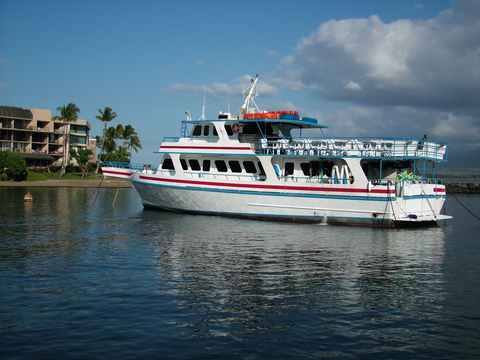
What Type of Coverage Does a Commercial Boat Need?
Although many types of coverage are provided by a commercial boat insurance policy, there are two primary or basic coverages that should always be considered:
- Liability coverage: Often called protection and indemnity coverage, it provides coverage for legal obligations to third parties. Your legal liability typically arises from bodily injury, loss of life, or damage to another's vessel or other property as a result of operation of your vessel. The liability coverage is also available for defense costs if an action is brought against you or your business.
- Hull coverage: This part of a commercial boat policy pays for physical damage to your vessel and is best purchased on an all-risk basis, which means that if the cause of the loss is not excluded under the policy, it will be covered. The coverage will provide protection for the hull, attached equipment, and unattached equipment and belongings. It's important to note, however, that the owner is responsible for maintaining the vessel, which means normal wear and tear is typically excluded.
Along with the basic coverages available for your commercial boat insurance, there are additional coverages that should be considered as well:
- Vessel disposal and pollution liability: Typically, when a vessel sinks offshore or in a waterway, the owner is responsible for removing or disposing of the wreckage, especially if there are any materials aboard that may be considered hazardous. You and your business may also be held responsible for clean-up expenses that result from oil pollution or contamination. This coverage provides liability to pay for these expenses up to the limits you select when purchasing the policy.
- Medical payments coverage: Owners should also consider an appropriate amount of medical payments coverage that will pay for medical expenses for third parties who are injured on your vessel, whether you are found liable or not. This coverage pays on a per person basis rather than per accident. You should also determine whether this coverage is available for persons boarding or leaving the vessel and for water-skiers if needed.
- Maritime coverage: This is a type of employer’s liability protection for the vessel owner for injury to the crew of any commercial boat. It responds to liabilities imposed by the “Jones Act,” the federal law that applies the common law of the seas to ship owners.
- Uninsured boater coverage: Liability coverage is not mandatory for some commercial vessels and most personal ones. This means that you and your passengers are at risk for injury expenses resulting from an accident with an uninsured boater. By selecting uninsured boater coverage on your commercial boat insurance, you can make a claim for your own injuries or those of your passengers against your own insurance policy.